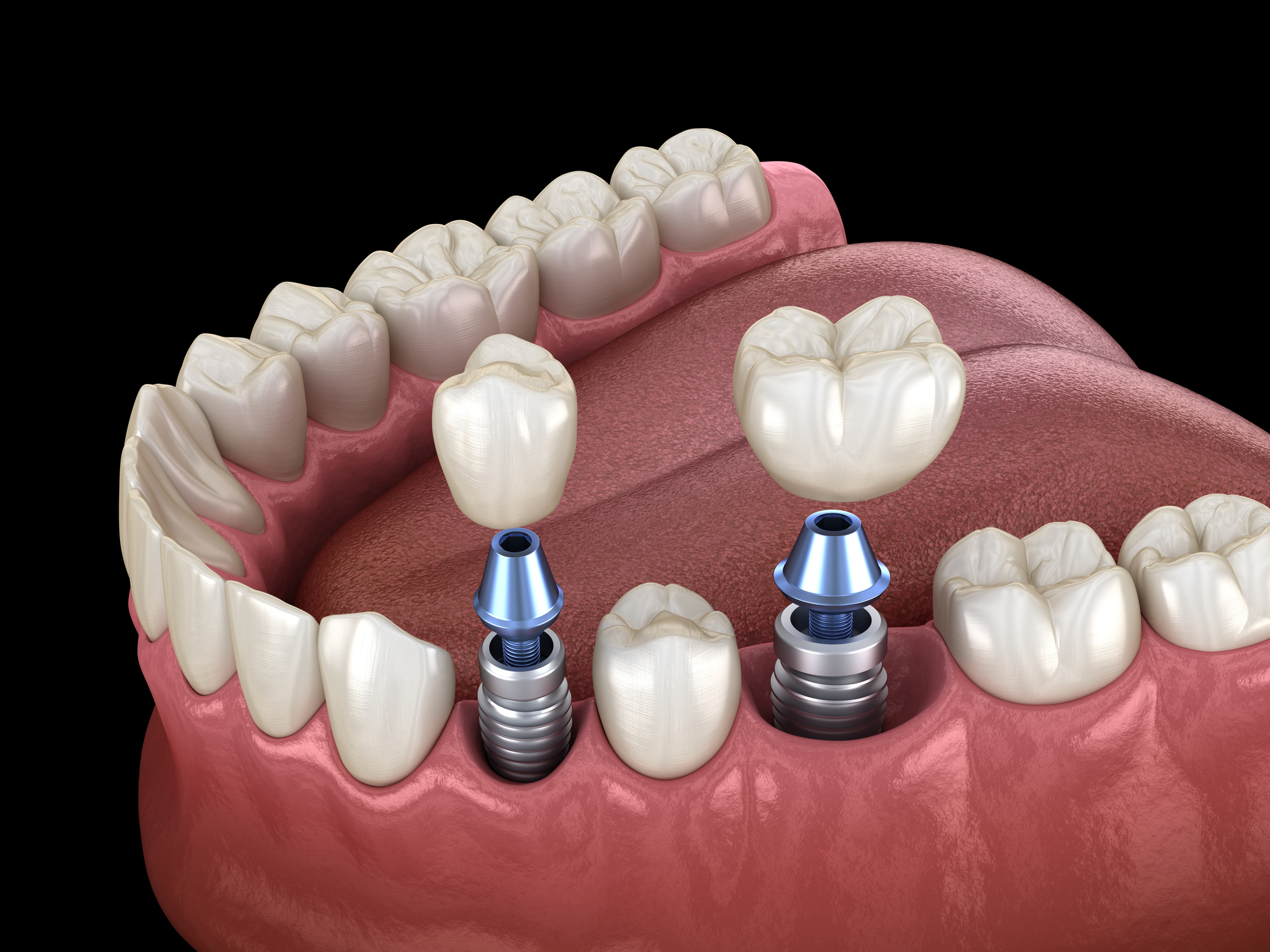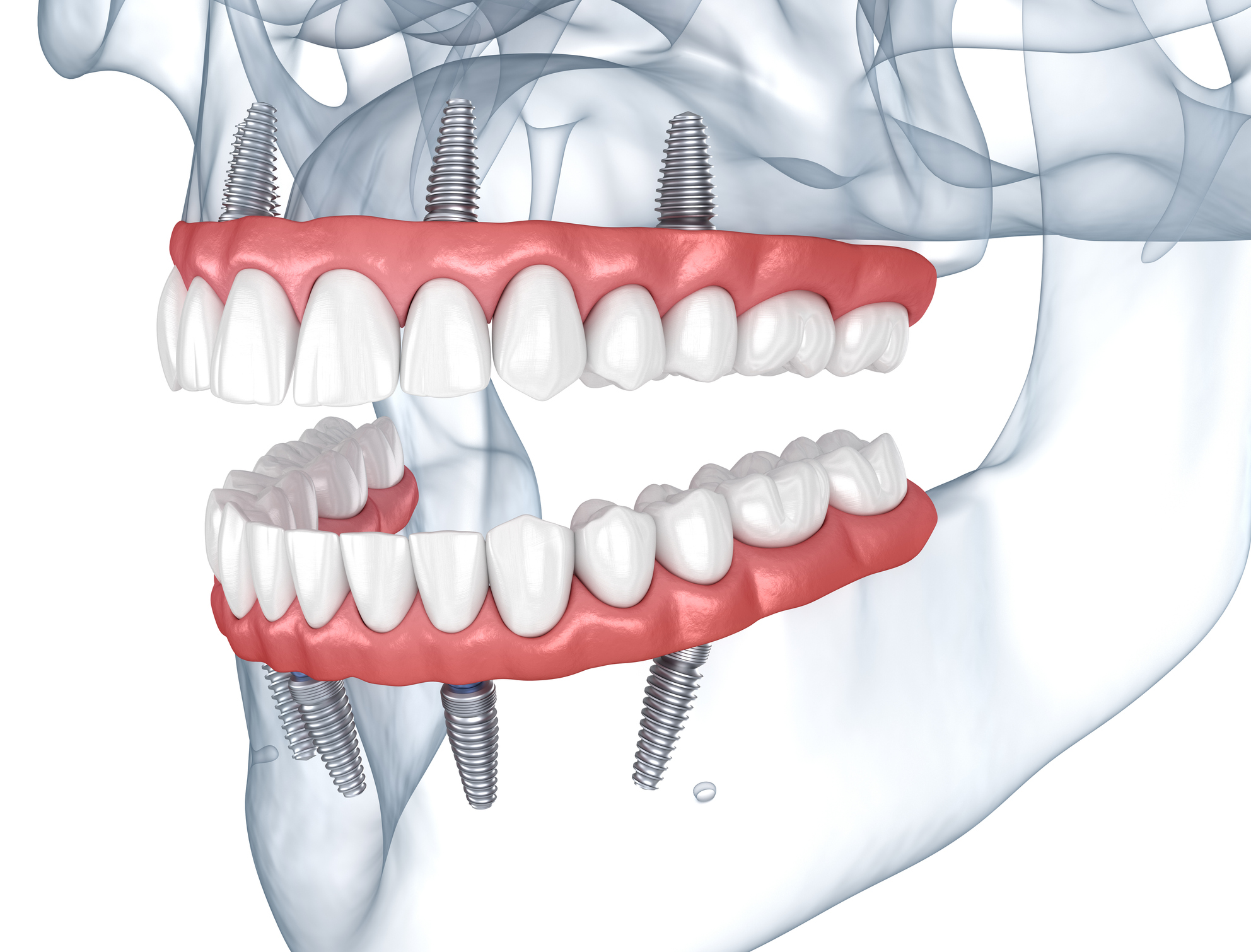
But what happens when that smile turns upside down for any reason?
That’s where restorative dentistry enters the chat.
Restorative dentistry can easily be defined as any procedure that rehabilitates and keeps your entire mouth healthy and functioning well.
At SMILE! Advanced Dental Center in Summerville, SC, we provide high-quality restorative dentistry services that act like a superhero for your smile — and we use the most advanced, state-of-the-art techniques to help your grin be the best it can be.
Types of restorative dentistry
Depending on how many teeth you are missing, this type of restoration may be a single crown, a dental bridge, or a complete or partial denture.
Dentures: Dentures are custom-fitted, removable oral appliances that are used to replace missing teeth. Complete dentures are used to replace all teeth in a full dental arch while partial dentures are used when there are natural teeth intact.
The important thing to remember is that adults of all ages use dentures to restore the appearance and function of their smiles.
Extractions: Every smile is unique, and your natural teeth belong right where they are. But there may be times when removing a tooth is the best option for improving or maintaining oral health.
Several conditions may necessitate tooth extraction, including severe infection, serious decay, crowding, and wisdom teeth removal.
Following a tooth extraction, our state-of-the-art tooth replacement treatments (like dental implants) restore your smile to optimal health, beauty, and function.
Periodontal Treatments: Periodontal disease is a degenerative condition caused by the bacteria in plaque. As plaque builds up, it can cause inflammation and infection in the gums and the surrounding tissue and can lead to tooth loss, bone loss, and receding gums.
At SMILE! Advanced Dental Center, we have three ways to treat periodontal disease to restore your smile to good health, including bone grafting, gum grafting, and laser gum treatments.

What to expect during a restorative dental procedure
In fact, they may sound like the exact opposite of what you want to do.
We understand any hesitation and like to reassure our patients that we use great care and skill when performing any procedure to ensure that your experience is as comfortable and painless as possible.
We will also provide you with detailed post-treatment care instructions, so that you can properly take care of your smile as it heals.
Sedation dentistry is also a wonderful choice for patients who feel anxious or nervous about their dental treatment. Sedative medication can help you feel more relaxed during your visit, and we will customize the right option for you.
Our holistic approach to restorative dentistry
Through our restorative consultation, we collaboratively explore all your options for restorative dentistry to see what is right for you. After all, it is not uncommon for a smile to need a combination of treatments.

0 Comments